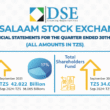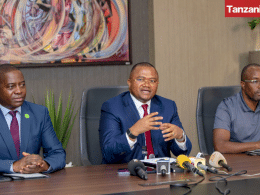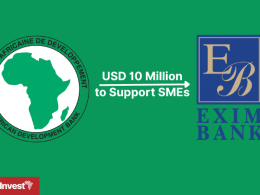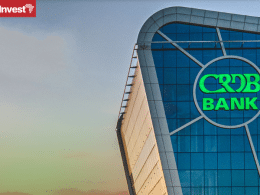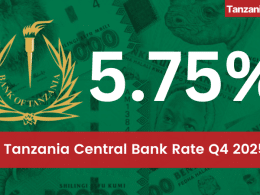Tanzanian President Jakaya Kikwete has launched the state-run Tanzania Agriculture Development Bank (TADB) in an official event in Dar es Salaam on August 7th, 2015, to boost the agricultural sector in the country with better financing options.
The Government which also engaged to raise a total of TZS 800 billion – USD 380 million- for capital requirement in a lapse of eight years, will do it at a rate of TZS 100 million per year to support the bank’s yearly operations.
During the launch event President Kikwete has asked for the bank’s management support to look for proper financing packages to boost the agricultural sector, since a lack of these resources in the last years has not left the industry to grow at an effective rate.
He asked TADB to establish friendly credit requirements to make loans affordable for farmers since some of them cannot access credit from other financial institutions due to strict credit criteria.
He also invited farmers to apply and get loans from the TADB to enhance their activities and raise productivity, while adding that the TADB will cooperate with other financial institutions in the country to support the extension of loans to those farmers that are already indebted with them.
President Kikwete also advised the bank’s management to use the Credit Reference Bureaus in order to establish loan portfolios according to the farmers’ credit risk profile to minimize the number of credit defaults.
In addition, the Government has planned to keep the capital injected in the Tanzania Investment Bank (TIB), focused on loans to investors in the agro-processing industry, to help those who want to get involved in the agricultural sector and avoid competition with farmers since the latter will now get loans from the TADB.
According to Finance Minister Saada Mkuya, the Treasury has helped with the bank’s opening releasing a TZS 60 billion fund to complete remaining procedures.
Tanzania’s agricultural sector accounts for 25% of the country’s GDP, 34% of the country’s total export earnings and employs 75% of the population.

